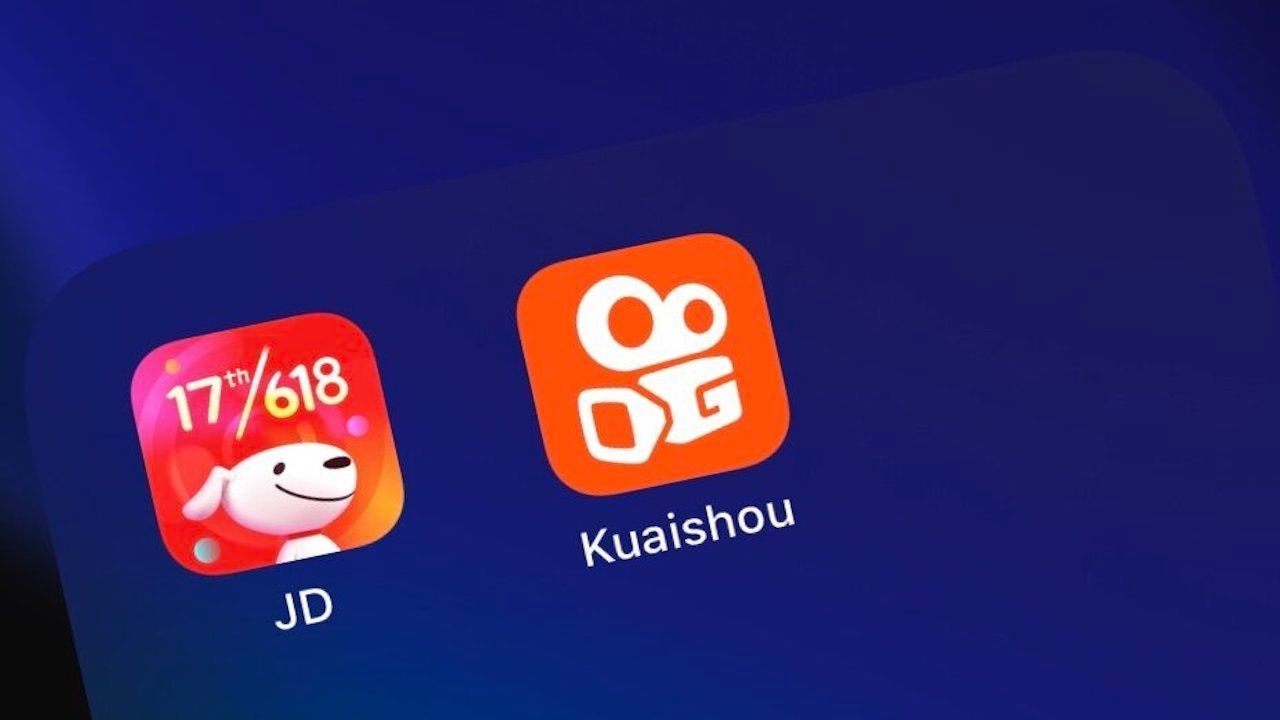Although domestic retail sales have yet to recover in China, the country's current three-week shopping holiday — which was created by JD.com and is known simply as 618 — should be an opportunity for brands to offset losses accrued during COVID-19.
That includes luxury brands, most of which have avoided discounts thus far. 618’s duration and sales volume have yet to catch up with the Double Eleven shopping festival. But with the addition of JD rivals such as Alibaba and Pinduoduo, 618 has quickly become China's second-most successful shopping festival.
Luxury brands embrace discounts#
Under post-COVID-19 pressure and with an urgent need to move back inventory, many brands jumped at the chance to set up shop during 618, which is traditionally known for its discounted goods. But those brands didn’t participate without some concerns.
Adam Sandzer, the strategy director of marketing at the agency Hot Pot China, shed some light on the mentality that most brands take to 618, saying, “We know that there remains a high degree of caution and skepticism among brand executives with ongoing concerns around presentations and discounting and the negative impact on equity and value.”
However, Sandzer added that although the month-long promotion isn’t over, the initial results appear positive, and they believe this could have a broader impact.
That seems apparent in many luxury brands’ presentations during this year's 618. On JD.com, for example, the growth of luxury sales accelerated this year. And during the latest 618 press conference, Kevin Jiang, president of international business at JD fashion and lifestyle, stated that luxury brands’ online discounts remained consistent with their offline discounts.
Meanwhile, Alibaba stressed that some brands were indeed looking forward to moving leftover inventories, but that there were also many new spring releases on hand. These new products and special limited editions have been highly successful in promoting brand DNA within the vast Alibaba’s marketplace, which in turn helps retain users.
While pursuing sales and satisfying the consumer demand for discounts, e-commerce companies have still tried their best to maintain luxury’s high-end image.
For example, Bonpoint, which is a French luxury clothing line for kids, participated in JD’s livestream and attracted over 400,000 views in one session. When luxury brands approach this new level of online transparency, “the most important thing with livestreaming is to ensure that the image of the luxury brand is protected and that the quality of KOLs can be matched,” said Jiang.
JD.com vs. Tmall#
While brands may appear to embrace discounts, 618 is still a tit-for-tat between the e-commerce giants.
This time, JD's 618 performance in the luxury category has been gratifying. Over the first hour of the event, luxury brand sales grew 400 percent, and all-day sales increased by 100 percent year-on-year. Among luxury brands, Delvaux and Prada did particularly well, and ready-to-wear, footwear, and jewelry categories showed the most upward growth. At the same time, the number of consumers in third-tier cities shopping at the festival has doubled, and that is without JD having any physical stores or other purchasing channels available in these locations.
But on the Tmall platform, the volume of luxury brand sales was larger. According to its official introduction, 178 luxury brands officially participated in Tmall for this 618 — nearly doubling the number from 2019's Double Eleven event. The accessible-luxury luggage brand flagship store on Tmall did exceptionally well, with 375 percent growth year-on-year. As of 10 a.m. on June 16, 26,000 luxury bags and belts had been sold, and both German luxury brand MCM and Alexander Mcqueen exceeded all of their last year's sales in just under a half an hour.
Kevin Jiang, president of international fashion and lifestyle business, joined JD six months ago. He previously worked for PCD Store, which owns over 20 high-end department stores and outlets in China, and Sasseur Group, one of China's largest premium outlet mall developers and operators. Speaking from his experience in retail, Jiang believes that the combination of online and offline has become an effective strategy for luxury brands.
Jiang recently said in an interview that the quality of consumers on the platform is what has most attracted luxury brands. It boasts over 50 million members that primarily have high incomes and are highly educated, and its zero-tolerance policy on counterfeit goods is also important to both brands and consumers.
JD offers many ways to collaborate with brands via market and wholesale models. Since January, more than 40 luxury brands have joined the platform. A niche luxury brand from Bulgaria called By Far sold 64 percent of its products in just four days, with 90 percent of its pieces selling out within a month.
While JD.com has accelerated its brand collaborations, Alibaba has chosen to deepen the ways it works with brands. As early as last year, Tmall President Jiang Fan proposed a brand 2.0 upgrade plan that would help businesses fully transform via “New Retail” strategies. That means increased links to Super Brand Day and Little Black Box, which leverage consumer insights to help brands speed up product development. But the flagship store 2.0 model, which is composed of "brand light stores + flagship stores," isn’t just an extension of new retail platforms — it also emphasizes the complementary capabilities of user, commodity, and service operations.
While 618 may not be the core battlefield for luxury brands, it has become a big part of the package that brands sign up for with these e-commerce giants. Brands might be planning their discount strategies more carefully in a world where content and commerce have increasingly blurred, and retail sales keep shifting online. This is why they need new strategies for these big shopping festivals, said Sandzer. “As 618 results pour in, luxury executives should consider this paradigm shift as they start to think about Double 11 and the broader role of China’s marketplace platforms.”

